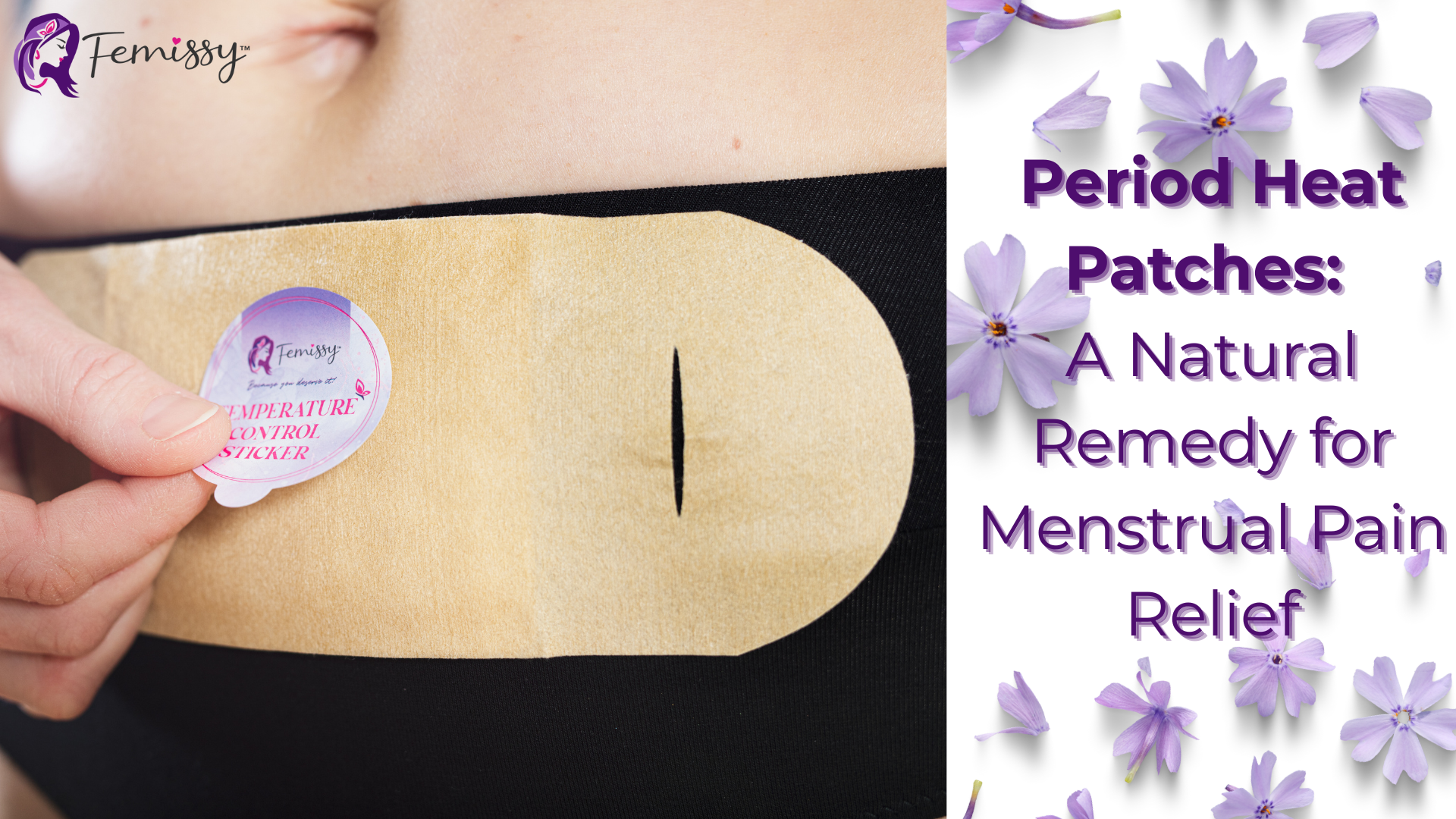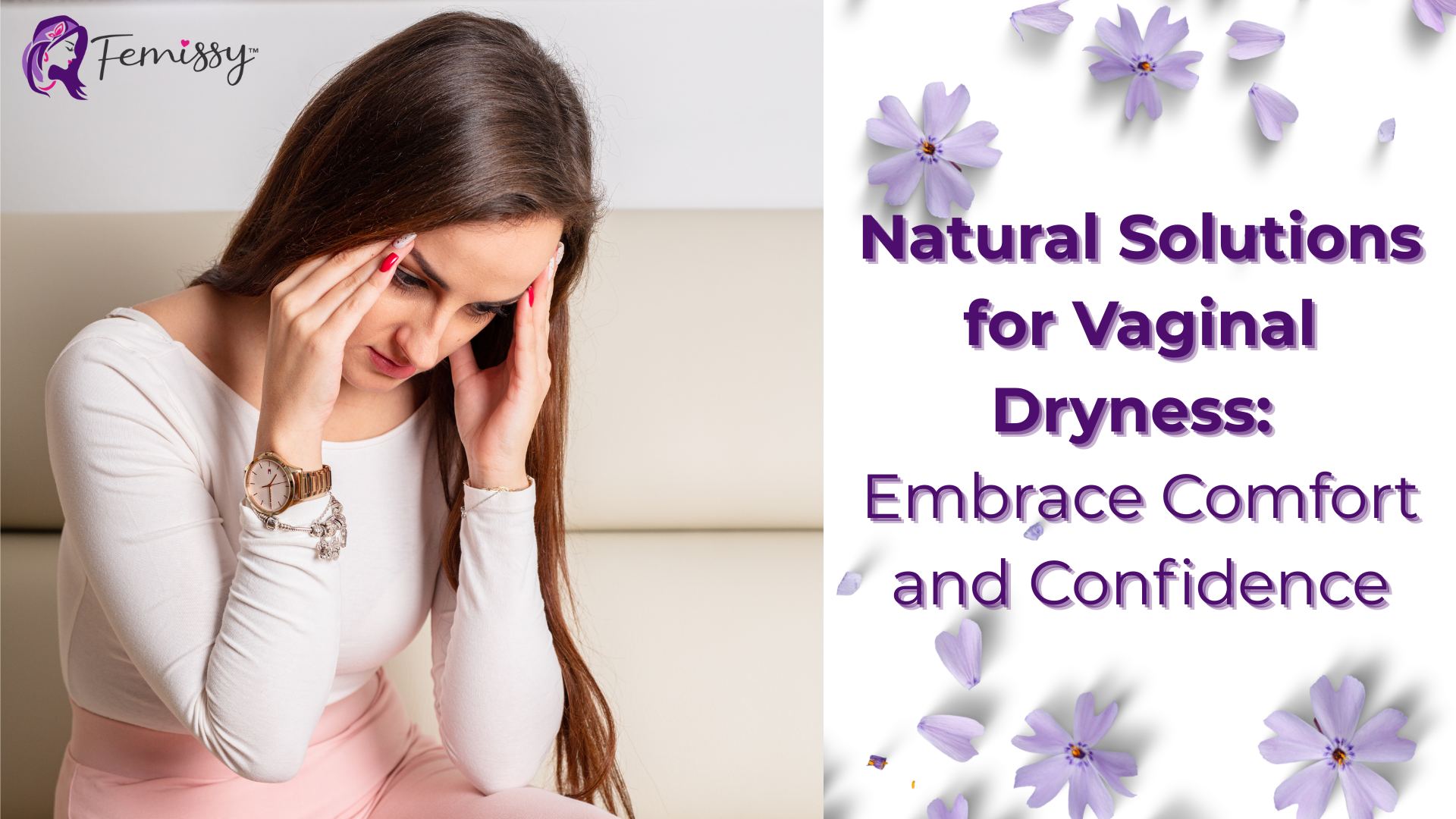When was the last time you booked a check-up for yourself, not because something was wrong but to make sure everything was right? Regular screenings are your early warning system, giving you the power to act before small concerns become big problems. They are an investment in your future health, your confidence, and your ability to live life on your terms.
💢 Why Women Skip Screenings
Despite the proven benefits of preventive care, many women delay or skip screenings altogether. The reasons vary:
- Time constraints: Work, family, and other responsibilities take priority.
- Fear: Worry about potential bad news can be paralyzing.
- Misconceptions: Believing that feeling fine means being healthy.
- Cost concerns: Worry about the expense of tests or consultations.
The reality is that some of the most serious health conditions develop silently. Cervical cancer, for example, can take years to show symptoms, yet is highly treatable when detected early. High blood pressure and high cholesterol can quietly damage your heart and arteries for years before causing a crisis.
🔥 The Risks of Waiting
Delaying screenings can mean missing the window for early intervention, when treatment is most effective and least invasive. Consider these facts:
- Breast cancer: When detected early, the 5-year survival rate is over 90%.
- Cervical cancer: Regular Pap smears can detect precancerous changes before they become life-threatening.
- Heart disease: The leading cause of death in women worldwide. Early detection of risk factors like high blood pressure or cholesterol can prevent heart attacks and strokes.
- Osteoporosis: Bone density loss often goes unnoticed until a fracture occurs. Screening can identify risk early and prevent injury.
Skipping screenings does not just risk your health. It can affect your energy, your ability your relationships, and your long-term independence.
🌿 Key Screenings Every Woman Should Prioritize
1. Gynecological Exams
Annual pelvic exams and Pap smears help detect cervical cancer and monitor reproductive health. Your doctor may also check for infections, fibroids, and other conditions that can affect fertility and comfort.
💡 Related read: Is Your Vaginal pH Off-Balance? Signs, Causes & Natural Fixes
When to start: Pap smears typically begin at age 21 and continue every 3 years, or more often if you have risk factors.
2. Breast Health Checks
Self-exams, clinical breast exams, and mammograms (as recommended by your doctor) can detect changes early. Learn the normal look and feel of your breasts so you can spot changes quickly.
💡 Related read: Debunking the Biggest Myths About Feminine Hygiene & Health
When to start: Clinical breast exams can begin in your 20s. Mammograms are generally recommended from age 40, or earlier if you have a family history of breast cancer.
3. Hormonal and Menstrual Health Monitoring
Tracking cycle changes, hormonal shifts, and symptoms like severe cramps or irregular bleeding can reveal underlying issues such as PCOS, endometriosis, or thyroid disorders.
💡 Related read: Hormones & Feminine Health: Understanding the Monthly Rollercoaster
When to start: From your first period, keep a record of your cycle length, flow, and symptoms. Share this with your healthcare provider during check-ups.
4. General Health Screenings
- Blood pressure: At least once every 2 years from age 18, more often if elevated.
- Cholesterol: Every 4–6 years from age 20, more often if you have risk factors.
- Blood sugar: Every 3 years from age 45, or earlier if overweight or with family history.
- Bone density: At menopause or earlier if at risk.
- STI screenings: Annually if sexually active with new or multiple partners.
🛑 Habits That Put Your Health at Risk
- Skipping annual check-ups because you “feel fine”
- Ignoring unusual symptoms or changes in your body
- Relying solely on self-exams without professional screenings
- Avoiding tests out of fear of bad news
- Avoidance does not protect you. It only delays the opportunity to act early.

🩺 Take Charge of Your Health, Own Your Future
Your health is not a luxury. It is a priority. Regular screenings give you control, clarity, and confidence in your well-being. They are not just about finding illness; they are about protecting your quality of life.
Here is how to start:
- Schedule your annual check-up today
- Keep a personal health record of screenings and results
- Talk openly with your healthcare provider about any changes or concerns
📍 Make your health a non-negotiable part of your self-care routine because prevention is always better than cure.
📊 Age-by-Age Screening Guide
|
Age Range |
Key Screenings |
Frequency |
Notes |
|
18–29 |
Blood pressure, STI tests, Pap smear, breast self-exam |
BP every 2 years, Pap every 3 years |
HPV vaccine if not already given |
|
30–39 |
Blood pressure, cholesterol, Pap + HPV test, breast exam |
BP annually, cholesterol every 4–6 years |
Discuss family history risks |
|
40–49 |
Blood pressure, cholesterol, mammogram, Pap + HPV, blood sugar |
Mammogram every 1–2 years |
Consider bone density if risk factors |
|
50–64 |
All above + colon cancer screening, bone density |
Colonoscopy every 10 years or as advised |
Menopause symptom management |
|
65+ |
Blood pressure, cholesterol, bone density, cancer screenings as advised |
Annual wellness visits |
Focus on fall prevention and mobility |

💡 How to Make Screenings Part of Your Lifestyle
- Pair with other routines: Schedule your check-up around your birthday so it is easy to remember.
- Use reminders: Set calendar alerts for annual or biannual tests.
- Make it social: Book screenings with a friend or family member for accountability.
- Track results: Keep a simple spreadsheet or use a health app to log results and dates.
🧠 The Emotional Side of Preventive Care
Screenings can trigger anxiety, especially if you fear bad news. Here are ways to manage that:
- Focus on empowerment: You are taking control, not waiting for problems to find you.
- Bring support: A friend or family member can join you for reassurance.
- Ask questions: Understanding the process reduces fear.
- Celebrate completion: Treat yourself after your appointment to reinforce the habit.
🌸 Femissy’s Role in Supporting Women’s Health
While screenings are medical, your daily habits also matter. Femissy products like the Organic Vulva Balm, OnFresh Organic Yoni Oil, and PAREL Heat Patches support comfort and confidence between appointments. Healthy skin, balanced pH, and effective period care all contribute to overall wellness.




Leave a comment
This site is protected by hCaptcha and the hCaptcha Privacy Policy and Terms of Service apply.